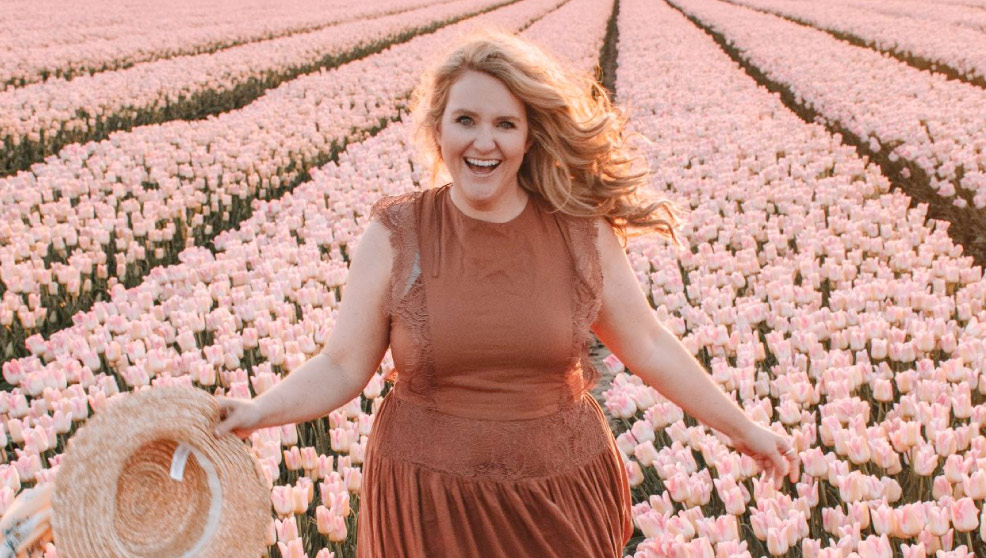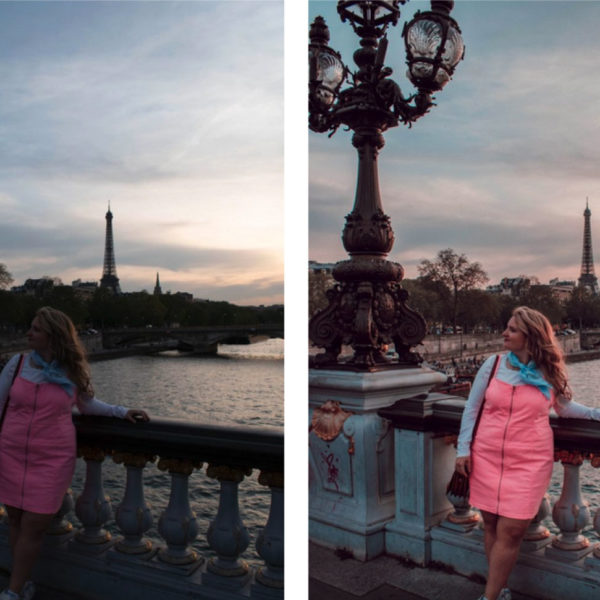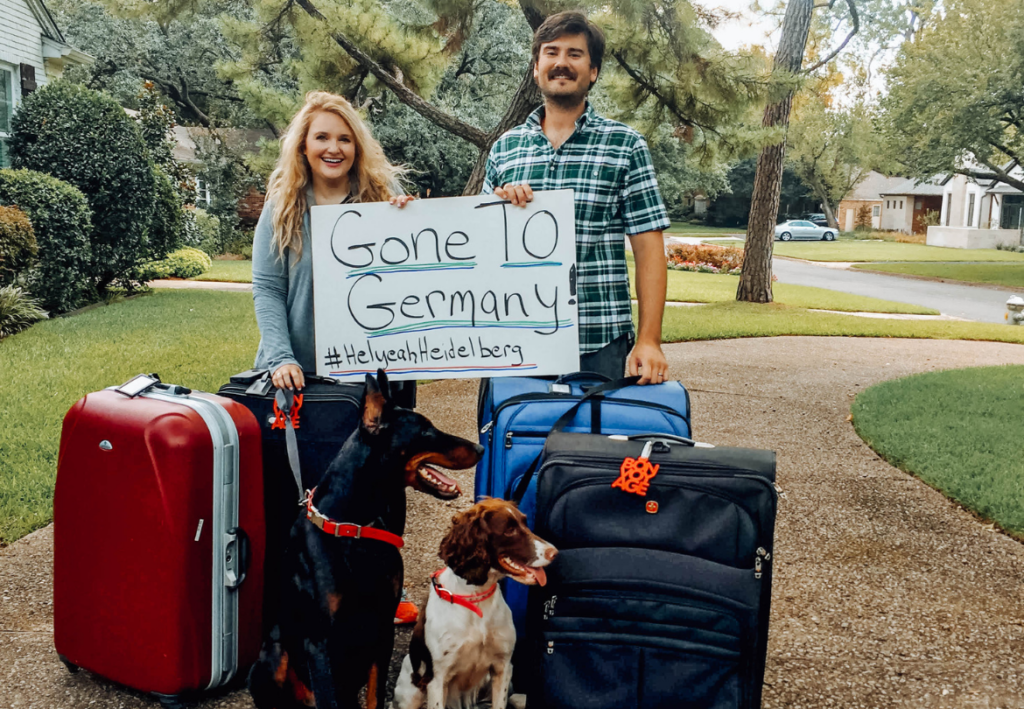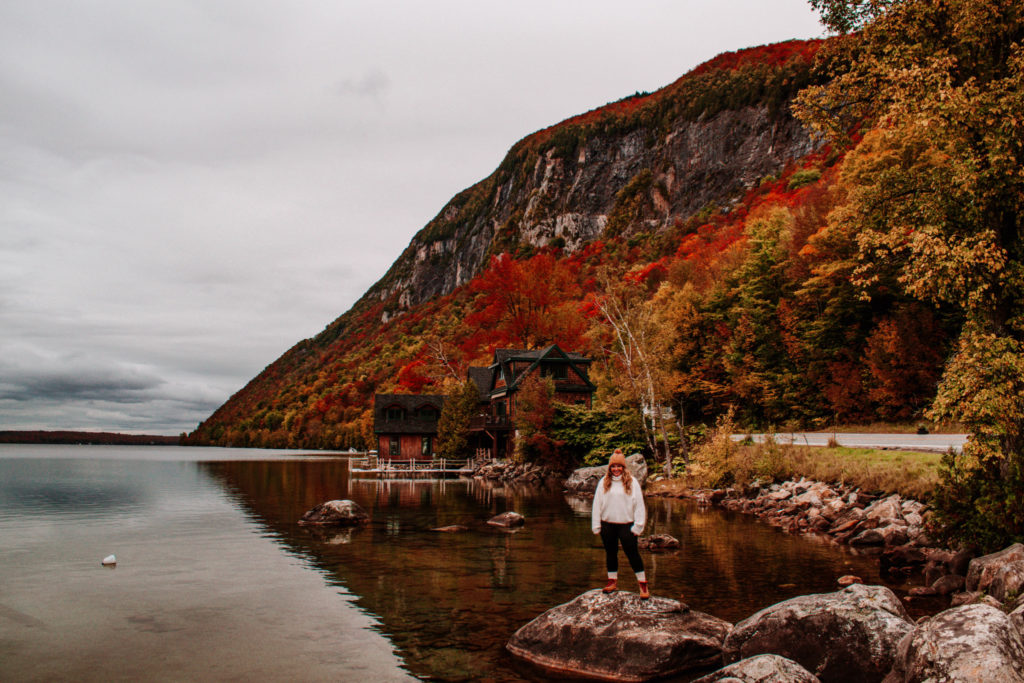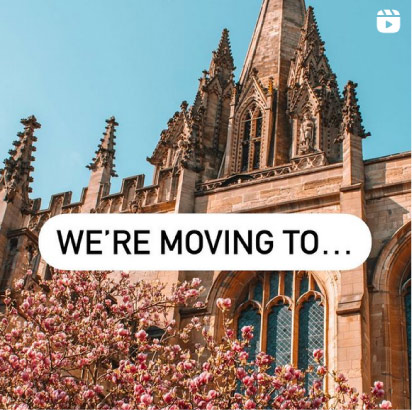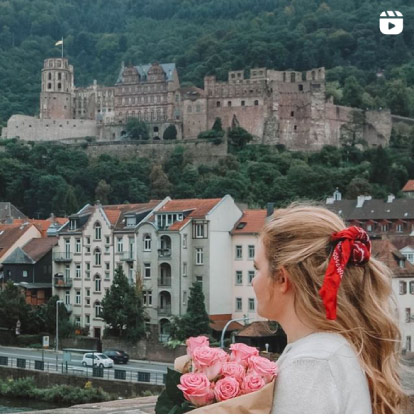You guys!! I am going to Italy and the South of France for the very first time. I am so excited I could spit. In fact, I might have while typing that out. While I've been to France, I've never been to it's southern part and never stepped foot in Italy. The plan is to drive from Heidelberg to Milan and then head to south to Cannes and Nice. While this is very exciting, it also means we did some planning. So, I thought I'd share exactly how to plan for a trip to Europe.

Any big trip needs a plan. Yes, I'm all for spontaneous fun, but a few things must be ironed out first in order to really enjoy your time. Traveling Europe is the best. It's easy to get around, so much to see and do, and plenty to eat and explore.
How to Plan for a Trip to Europe
Where are you going?
Of course, you probably have a good idea of how many days you'll have. Whether it's 2 or 22, you need to have a rough plan of where you're headed. This will help you figure out what to see, what to see on the way, where to sleep, and what activities you'll fit in.
The wonderful thing about Europe (and the reason why I moved here) is that it's very easy to get around and see a lot in a short amount of time. When we went to Belgium – Amsterdam – Paris, it made the most sense to take the train. When we went from Greece – Prague – Belgium, it made the most sense to fly. Regardless of what you choose, you want to make sure you have the most amount of time, and you aren't spending your whole time in transit. I like to use GoEuro (now called Omio!) for finding great prices on trains and I wrote a post here on how to book super cheap flights.
Sometimes people buy Eurail passes (this is for non-European citizens, where as Interrail is for EU citizens) but I've found it's best to actually book train tickets individually. It used to be cheaper, say 10 years ago, but now it's just easier to do it this way.
Depending on the cities you plan to see, can mean you spend various days in each. To me, you need at least 4 in Paris and the same for London. Where with places like Madrid, Stonehenge, or Santorini you can see most of it in a day or two. Of course, this depends on personal preference and what you like to see and do. I also could have spent a whole week in Santorini just lying on the beach and soaking my toes in the sand, but we didn't have much time that trip since we were island hopping. My friend is currently on a trip to Sweden, Dublin, Paris and Germany in just 10 days. She also is very active, so she's able to do it. It's what suits you best.
I tend to like “go-cations” because I want to see it all. But don't stretch yourself too thin.
Documents Check
Now that you have an idea of where you're going, make sure you have everything you need for the trip. A trip a few years back, I had incorrect passport documents and it was a real debacle. If you don't have a passport it will take anywhere from 4-6 weeks to get one (you can pay extra to expedite that) so plan ahead, and check your expiration date. Most places in Europe don't require anything other than your passport but some places do.
For example, when we went to Cambodia, we needed a needed a Visa to get into the country. Just check out what you might need, regardless of where you go. While you don't need separate documents for Ibiza, it can be difficult to get through the very tiny airport to the tiny island. So make sure you have everything you need. Oh, and watch out for “sales men” there.
Budget
Having a budget for the trip will help iron out what you will spend on food, drinks, excursions, and lodging. Some places are much cheaper than others (Asia in general, Eastern Europe are pretty inexpensive, while Paris, London, Switzerland are pricey). Also take into account the exchange rate. As of this writing the exchange rate for the Euro to dollar is almost IDENTICAL! Which is awesome, so now is a good time to travel Europe.
Some cities, such as Innsbruck, Austria, offer a “travel card” which gives you access to many top attractions, museums, and even discounts on restaurants. I think these are a great idea, but price them out first to make sure they are actually going to save you money.
The lovely pastel colored buildings in Innsbruck, Austria.
In most cities in Europe, the absolute best way to get around is public transportation. It's usually very clean, safe, and the fastest way to get where you're going. Most cities will let you buy a pass for a certain number of days. This is my BIGGEST tip, take public transportation. I recently read a blog post where a girl traveled to Paris and only took cabs because “undergrounds are filthy.” Well, if you feel that way my suggestion is to not travel Europe. Sometimes they do get hot and sweaty, but everyone takes them and you'll avoid traffic. And it's cheap!
Some things you need to budget for:
- Flights
- Hotels
- Food and Drink
- Transportation
- Souvenirs
- Experiences
You might also like: How We Saved $45,000 in 6 Months
Find a Place to Sleep
The next and maybe most important step is picking out where you'll sleep. Take a look at where you'll be, and when, and try to book accommodations as soon as you can. When I travel with a group, we each pick a destination and each of us is responsible for finding lodging for that spot. Of course, there are major hotels in cities, but many of them can be pricey. Sure, you can book a room at the Holiday Inn, but if you do a bit more research you might find something really cool. Well, now, you don't have to do research at all, because there is Glamping Hub.
For example, when we head to the South of France, we wanted to stay somewhere a bit more rustic, but still with all the comforts we needed (wifi, air conditioning, house keeping, etc). We found this incredible Gypsy Caravan on the French Riviera that is exquisite, lovely, different, and even pet friendly! The best thing about Glamping Hub is the prices range from $40 a night to $500, so you can find something in your budget, while staying somewhere so cool. For example, look here for all the accommodations they offer in France. Properties are all over Europe (and the world!) and there are reviews on each- so you'll know exactly what you're getting.
I get questions all the time about traveling with pets and Glamping Hub makes it so easy, since many properties are pet friendly (you can even add that on as part of your search.) They have the coolest locations and it's just so interesting to see what they offer around the world. Whether you are a camper or, rather, a glamper (more my style) they have over 5,000 accommodation options in 100 countries, there is something for everyone. You can choose from tree houses to yurts and from campervans to tipis.
Do your research
One of my absolute favorite ways to research before a trip is via Pinterest. The reason being is that if I google “Best things to do in Venice” chances are it's going to pull up Trip Advisor. Which is great, but this is only going to give me the highlights. Where as if I search Pinterest, I'm going to find a well thought out guide from a travel blogger. It feels like a more personal recommendation and really, it's been a great way to find hidden gems off the beaten path.
I also think it's a good idea to pick up a few words that you might need when there. For example, “Bitteschön” in Germany is used regularly as please or just to get someone's attention or “Merci” for thanks in French. It's nice to have a few words so the locals know you're at least trying. I like to pick up a travel guide before I go, it's a good way to get familiar with the customs.
I can't state this enough… know what to see and do, or you might miss some really key things!
Many countries and cities, Heidelberg being one of them, really use cash much more than credit cards. It's nice to know some of the cultural differences, so you'll be prepared on arrival. Europe is very safe. But one thing you do need to be mindful of, espeically in big cities, is pick pocketers. My husband Michael uses a money belt, I carry a small crossbody bag that I keep zipped. On my backpack I keep a travel lock.
See how I fit everything for a trip in my carry on, along with what I bring.
Enjoy it!
My travel rules are very simple: go with the flow. Try local cuisine, if something cool comes your way – try it, listen to the locals, try something new, see the important stuff, get off the beaten path, and just have fun. Travel, to me, is the best memories you can have, so don't sweat the small stuff. Don't forget to bring a book for the train or plane rides, and a notebook to write down all your memories. I'll never forget the man in Madrid who sold us beer, or when Michael got sick in Prague, or when I almost got stuck in the Frankfurt airport.
Ready to feel really prepared? Here's a FREE packing list! Literally everything you need to pack and my favorite stuff for travel.
Free packing checklist

Absolutely everything you need to take on a trip.









